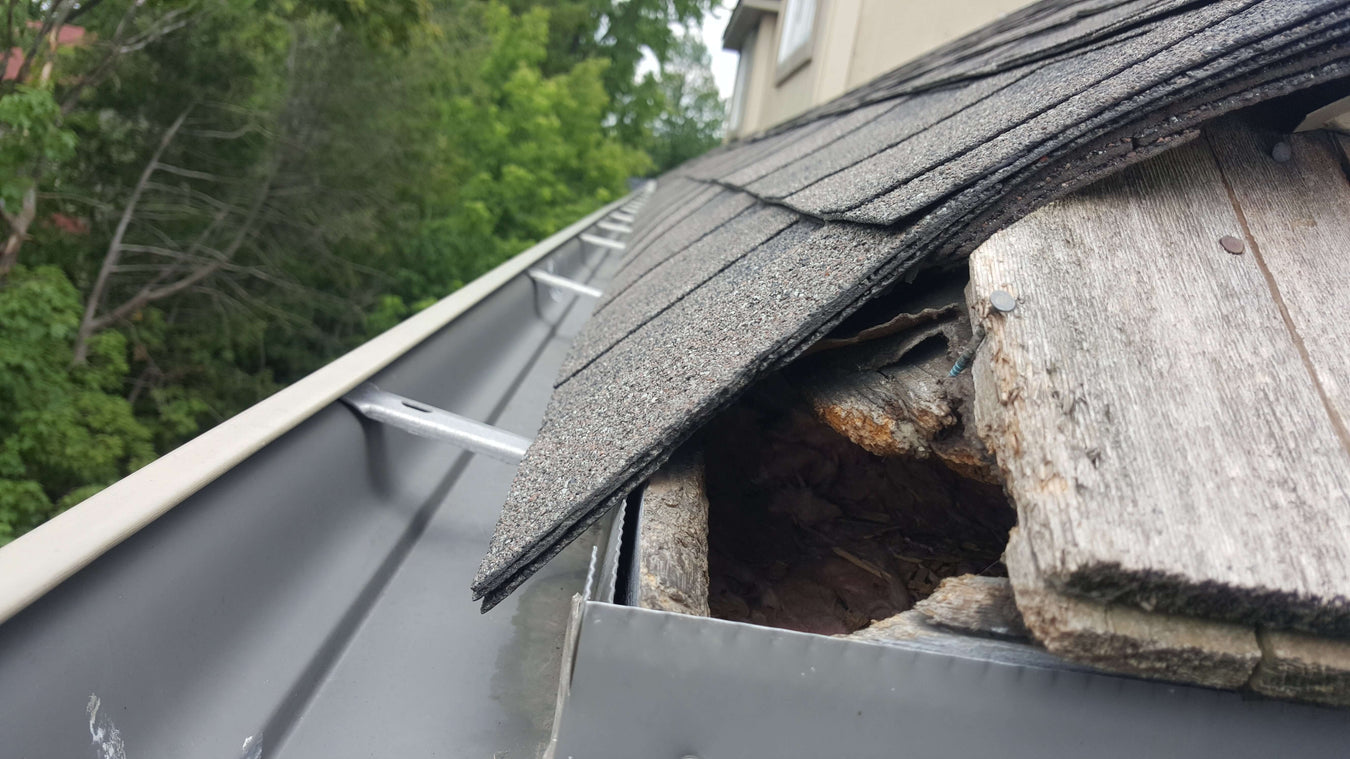
Wildlife Removal Made Easy
Shop for one way door excluders and other wildlife control supplies!

ABS Plastic body | Light weight | 10” x 8” x 1” Are you tired of dealing with persistent raccoon intrusions? Say goodbye to those frustrating encou...
View full detailsS33 Rhino Excluders® One Way Squirrel Door (for Squirrels, Chipmunks, Rats & Similar Size Rodents) 14 Gauge | 8” x 3” x 3” Introducing the S33 ...
View full detailsRhino Excluders® BIRDCHUTE™ One Way Bird Door Polypropylene (PP) Plastic body | 7” x 6.5” x 6.5” Birdchute™ One Way Bird Door is perfect for removi...
View full detailsRhino Excluders® PROCHUTE™ One Way Door Durable 5mm ABS Plastic body | 11” x 9” x 7” Prochute™ Excluder is perfect for removing raccoons, skunks, o...
View full detailsONE-WAY DOOR FOR SKUNKS, OPOSSUMS AND GROUNDHOGS 14 Gauge | 12” x 7” x 7” Best method of removing nuisance skunks, groundhogs and similar size anim...
View full detailsRhino Excluders® BATCHUTE™ One Way Bat Door Polypropylene (PP) Plastic body | 7” x 6.5” x 5” BATCHUTE™ One Way Bat Door is designed to humanely rem...
View full detailsS35 Rhino Excluders® One Way Door For Squirrels, Chipmunks, Rats & Similar Size Rodents 14 Gauge | 10” x 3.5” x 3.5” Introducing the S35 Rhino ...
View full detailsPerfect deal for pest control companies and re-sellers 12 units per case | Rhino Excluders® BATCHUTE™ One Way Bat Door Polypropylene (PP) Plastic b...
View full detailsPerfect deal for pest control companies and re-sellers 20 units per case | S33 Rhino Excluders® One Way Squirrel Door S33 Rhino Excluders® One Way ...
View full detailsPerfect deal for pest control companies and re-sellers 20 units per case | R108 Rhino Excluders® Raccoon One Way Door ABS Plastic body | Light weig...
View full detailsPerfect deal for pest control companies and re-sellers 8 units | Rhino Excluders® PROCHUTE™ One Way Door Durable 5mm ABS Plastic body | 11” x 9” x...
View full detailsStarter Kit 200 is a great deal for pest control companies that want to get started with wildlife removal services. It has all the necessary one ...
View full detailsStarter Kit 100 is a great deal for pest control companies that want to get started with wildlife removal services. It has all the necessary one ...
View full detailsPerfect deal for pest control companies and re-sellers 12 units per case | Rhino Excluders® BIRDCHUTE™ One Way Bird Door Polypropylene (PP) Plastic...
View full details

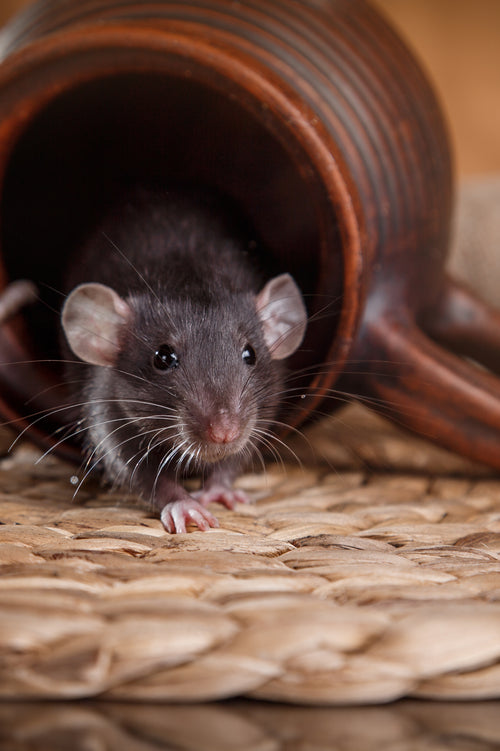
PESCO™ MC120 multiple catch mouse trap is engineered to efficiently eradicate mice while ensuring maximum dependability and user-friendliness. It h...
View full detailsPESCO™ MC100 multiple catch mouse trap is engineered to efficiently eradicate mice while ensuring maximum dependability and user-friendliness. It h...
View full detailsPESCO™ Rat Glue Traps – the ultimate solution for discrete and highly efficient pest control. Engineered to capture and immobilize rats, mice, and ...
View full detailsPre-baited PESCO™ Mouse and Insect Glue Trap (72 pcs/Pack) – the ultimate solution for discreet and efficient pest control. These adhesive boards a...
View full detailsUnscented PESCO™ Mouse and Insect Glue Traps (72 pcs/Pack) – the ultimate solution for discreet and efficient pest control. These adhesive boards a...
View full detailsUnscented PESCO™ Mouse and Insect Glue Trap (12 pcs/Pack) – the ultimate solution for discreet and efficient pest control. These adhesive boards ar...
View full detailsPre-baited PESCO™ Mouse and Insect Glue Trap (12 pcs/Pack) – the ultimate solution for discreet and efficient pest control. These adhesive boards a...
View full detailsPESCO™ MC120 multiple catch mouse trap (Clear Lid) is engineered to efficiently eradicate mice while ensuring maximum dependability and user-friend...
View full detailsPESCO™ MC120 multiple catch mouse trap (Solid Lid) is engineered to efficiently eradicate mice while ensuring maximum dependability and user-friend...
View full detailsPESCO™ Rat Glue Traps -12 pcs/pack – the ultimate solution for discrete and highly efficient pest control. Engineered to capture and immobilize rat...
View full detailsWe started using R108 raccoon excluder in 2021 and noticed our success rate improved drastically.
Jake M.
Great collection of products to add to our online store. We've been getting positive reviews from our customers.
Amanda K.
Great customer service! I had a problem with a shipment. RNS took care of my problem and followed up untill my package arrived.
George B.
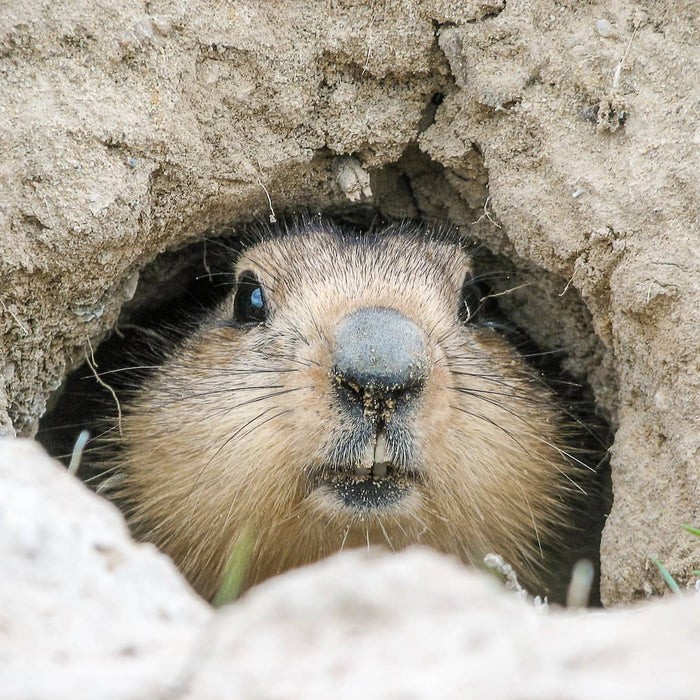
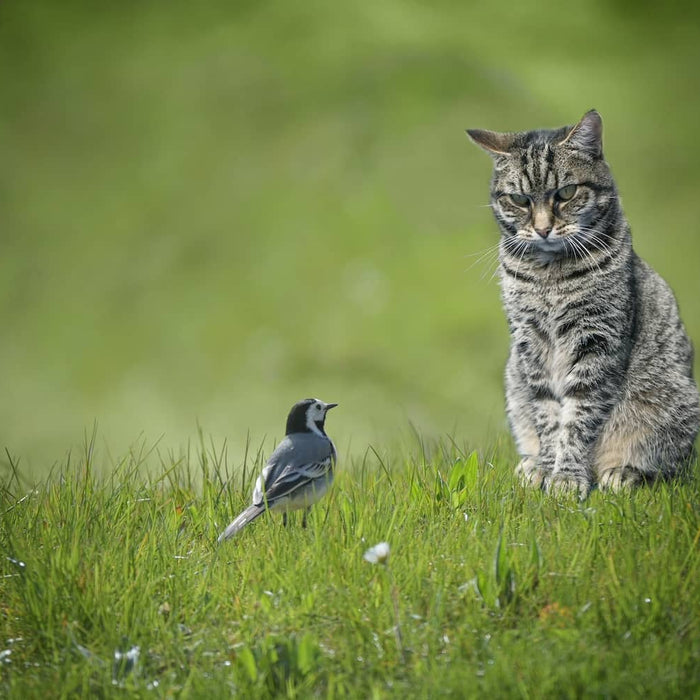
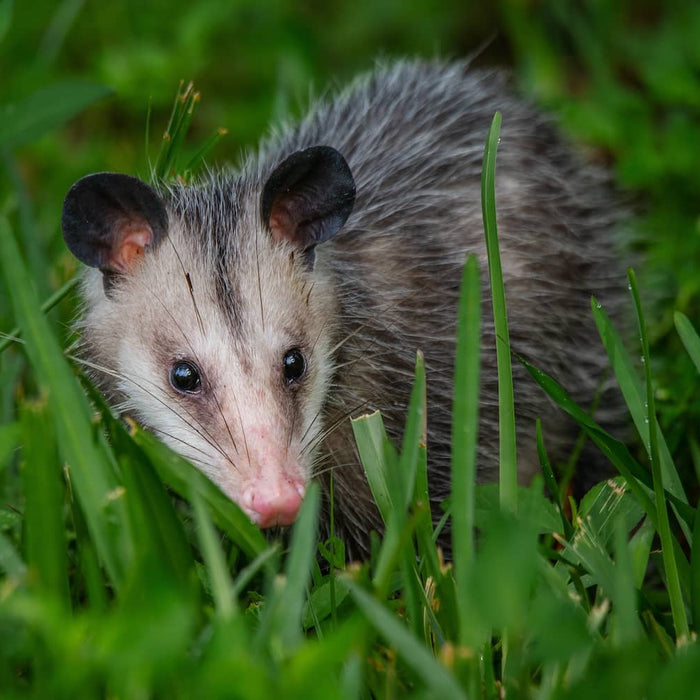
Can't find what you need? Search it here